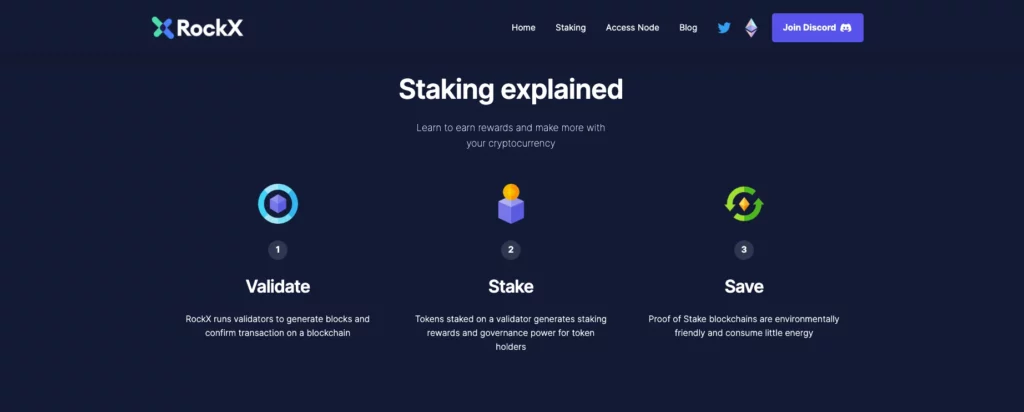In the search for an easier way to generate passive income through crypto, many beginners stumble upon the term “staking”. Staking seems like a great, easy, reliable way to generate passive income just by holding crypto. With the most popular cryptocurrency being Bitcoin, it naturally begs the question: how can I stake Bitcoin?
Unfortunately, the short answer is that you can’t. This article will go through what staking is, why you can’t stake Bitcoin, and the alternative to staking in the Bitcoin ecosystem.
What is Staking?
Staking refers to the act of pledging your coins to a Proof-of-Stake (PoS) blockchain in order to validate it. The locked crypto is used to verify the validity of new transactions and create new blocks on the blockchain. Validators are then rewarded with transaction fees that other users pay to transact on the blockchain.
Can I Stake Bitcoin?
As mentioned above, staking requires the coins to be pledged to a PoS blockchain. Bitcoin, however, runs on a Proof-of-Work (PoW) blockchain. This means that the process of staking simply does not exist on Bitcoin’s network. Instead, people who want to earn money by creating new blocks on Bitcoin’s blockchain mine Bitcoin.
Staking VS Mining

Mining is a process belonging to Satoshi Nakamoto’s PoW consensus mechanism. It is the “original” way of validating transactions on a blockchain. However, it was created in 2009 and did not have scalability in mind. To keep it secure, PoW limits the creation of new blocks to once every ten minutes.
It is also very energy-intensive to mine Bitcoin. Due to the way PoW works, miners have to compete for the highest computational power in order to be the one to create a new block and get newly minted bitcoin as a reward. In other words, it costs a lot of money to run a successful Bitcoin mining rig. Costs include buying hardware, upkeep and maintenance costs, and of course, electricity costs.
Staking, on the other hand, is an innovation driven by the need to scale blockchains. It requires a lot less energy, making it more sustainable for the planet. The Ethereum blog estimates that after Ethereum transitions to PoS from PoW, the network will reduce electricity consumption by a staggering ~99.95%.
This is because validators on PoS networks do not need to compete for computational power. Instead, validators are randomly selected to create new blocks. However, validators with more staked crypto have a higher chance of being randomly selected.
Is Staking the Future?
While staking seems to be the most popular consensus mechanism for new blockchains today and is a great way to earn passive income using crypto you intend to HODL, the blockchain industry is still a very nascent one. There is room for much more improvement and innovation, and who knows what the next breakthrough will be? Until then, however, staking presents a sustainable way to validate blockchains while allowing anyone with an internet connection to generate passive income on their crypto assets.

RockX is a non-custodial staking provider that runs validators for all major PoS blockchains such as Solana, Polkadot, Osmosis, and more. With transparent fees, lock-up periods, and 24/7 monitoring of our systems, you can stake on your preferred blockchain with peace of mind. Find out more about staking with RockX here.









